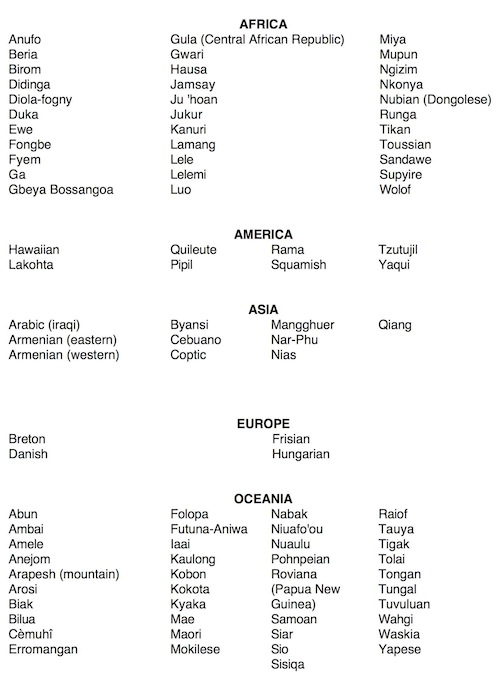This is part of a set of three related questions but note they are each specific and distinct, they are not duplicates.
In all the languages I'm familiar with that have an indefinite article, the word is related to the word for "one". In fact in English it's more opaque than for most languages I know: "a" / "an" vs "one".
But are there languages which have the indefinite article but in which it is not related to the word for "one"? Perhaps one word or the other has been borrowed from another language, or perhaps the two words evolved from separate roots? Is this known to be possible?
N.B. Louis Rhys has pointed out that some languages have various kinds of indefinite articles but this question is only concerned with the "main" indefinite article despite my inability to express that succinctly is a single sentence. For instance if French or one of its dialects or creoles were to lose the words "un" and "une", and "des" assumed their role it would be an example of the affirmative.
